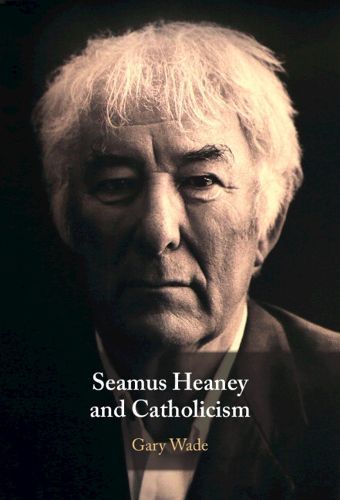Readings Newsletter
Become a Readings Member to make your shopping experience even easier.
Sign in or sign up for free!
You’re not far away from qualifying for FREE standard shipping within Australia
You’ve qualified for FREE standard shipping within Australia
The cart is loading…






Seamus Heaney and Catholicism makes extensive use of unpublished material to offer fresh insights into Heaney's complex engagement with Catholicism. Gary Wade explores how Catholicism operates in ways other than social and political, which have largely been the focus of critics up until now. Using extensive unpublished material, including early drafts of some familiar poems, it offers close readings which explore how Catholicism operates at the level of feeling, and how it continued to have an emotional purchase on Heaney long after he had left behind orthodox practice. It also engages with Heaney's increasing concern, in his later work, with the loss of a metaphysical sensibility, and his turning to the Roman poet Virgil to deal with questions of death and post-mortem existence. The book concludes by arguing that Heaney's Catholicism is displaced rather than rejected, and that his vision expands to accommodate both the Christian and the Classical worlds.
$9.00 standard shipping within Australia
FREE standard shipping within Australia for orders over $100.00
Express & International shipping calculated at checkout
Seamus Heaney and Catholicism makes extensive use of unpublished material to offer fresh insights into Heaney's complex engagement with Catholicism. Gary Wade explores how Catholicism operates in ways other than social and political, which have largely been the focus of critics up until now. Using extensive unpublished material, including early drafts of some familiar poems, it offers close readings which explore how Catholicism operates at the level of feeling, and how it continued to have an emotional purchase on Heaney long after he had left behind orthodox practice. It also engages with Heaney's increasing concern, in his later work, with the loss of a metaphysical sensibility, and his turning to the Roman poet Virgil to deal with questions of death and post-mortem existence. The book concludes by arguing that Heaney's Catholicism is displaced rather than rejected, and that his vision expands to accommodate both the Christian and the Classical worlds.